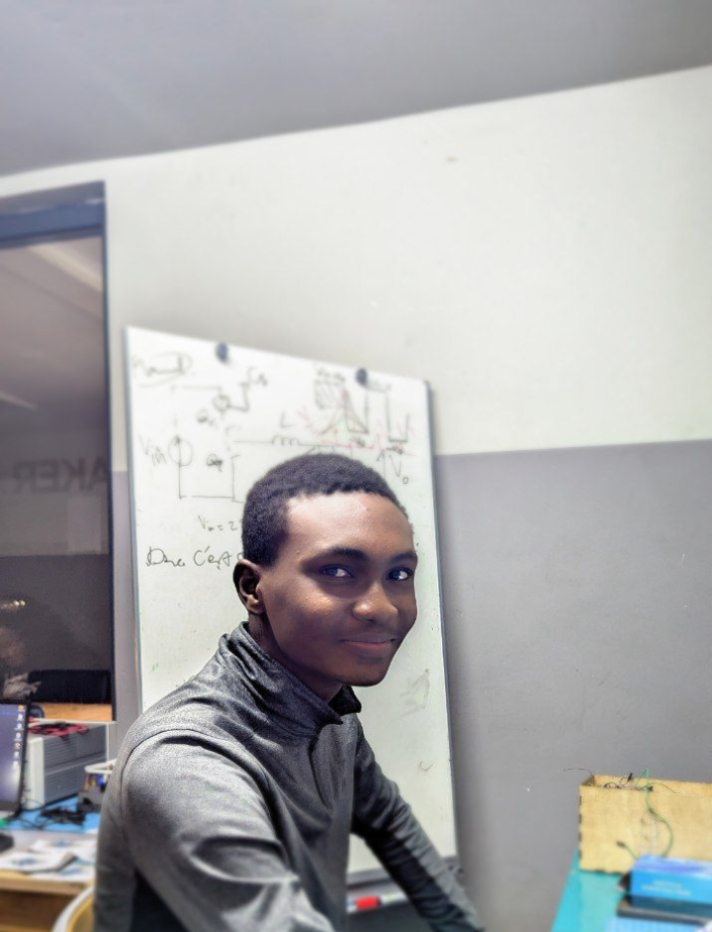heading

I’m a curious and driven student from Bénin with a deep passion for AI, machine learning, engineering, and Arduino. I love exploring how intelligent systems can solve real-world problems, especially in underserved communities. I’ve worked with TensorFlow Lite for Microcontrollers and enjoy blending software with hardware to create smart, efficient solutions. I’m inspired by innovation and eager to learn from others while sharing my own ideas. Being part of WaterTank is a chance for me to connect globally, grow technically, and contribute meaningfully to a more sustainable world.
Tell us what the water concern in your country is!In Benin, the water used for irrigation on several market gardening sites often comes from contaminated sources, such as unprotected wells, wastewater basins, or marshes. This water, sometimes laden with fecal coliforms, is then used to grow vegetables consumed raw, thus exposing consumers to invisible yet very real health risks.
This is what I think is one of the solutions for a sustainable future:One key solution for a sustainable future lies in making a low-cost water quality predictable and understandable especially for farmers who irrigate vegetables eaten raw. When those who grow our food can receive clear, timely information based on local water conditions, they move from uncertainty to confidence, from risk to responsibility. This kind of accessible, intelligent support system empowers producers to protect not only consumer health but also their own peace of mind. It turns invisible threats into visible knowledge, and everyday farming into a source of trust, pride, and safety.

Controlling Water in Market Gardening: Monitoring Water Quality, Using Chatbot for Improving Skills and Smart Irrigation
Urban market gardening is an essential source of food, employment, and income in Benin. However, this production relies heavily on the use of uncontrolled water. This exposes the crops, often consumed raw, to high risks of microbiological and chemical contamination. Local studies have revealed the presence of fecal coliforms, excessive turbidity, and non-compliant residues in irrigation water. Yet, market gardeners lack simple tools to monitor water quality and apply treatments adapted to their context. This raises a dual challenge: protecting consumer health and ensuring sustainable and credible market gardening production. To address this issue, the project proposes a three-part technological and educational solution: – Real-time detection of water quality via economical sensors (pH, turbidity, TDS) – A conversational assistant (chatbot)…
